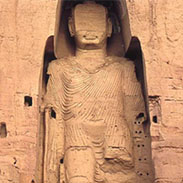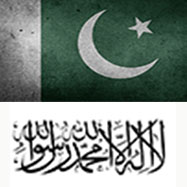The Why and What of Non-Inclusivity and Dissensus in the Taliban ‘Emirate’
Unless the Taliban regime adopts relatively non-intrusive social policies and embraces people-centric approaches to governance, it will remain somewhat a mirror image of its old regressive self from the 1990s.
- Vishal Chandra
- November 04, 2024











